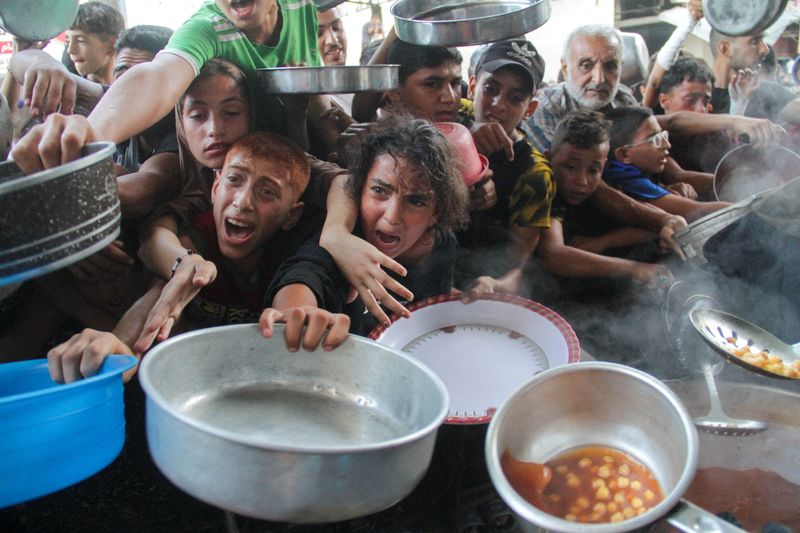By Christy Santhosh and Jennifer Rigby
() -Gaza is experiencing human-caused widespread hunger due to a restriction on aid entering the Palestinian territory, stated Tedros Adhanom Ghebreyesus, head of the World Health Organization, on Wednesday.
He spoke after an appeal from over 100 humanitarian organizations highlighting the risk of starvation in Gaza, even though large quantities of food, clean water, and medical supplies remain unused just beyond the region’s borders.
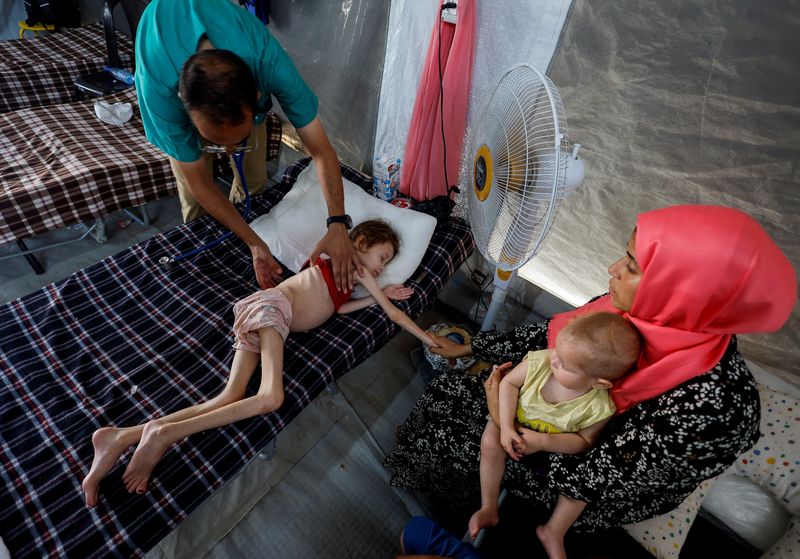
I’m not sure what you’d call it besides widespread hunger, and it’s created by humans, which is very evident,” Tedros said during a virtual press conference broadcast from Geneva. “This is due to the blockade.
Gaza’s food reserves have been depleted since Israel, engaged in conflict with the Palestinian militant organization Hamas since October 2023, severed all supply lines to the area in March and later eased the restriction in May — although with limitations that the country claims are essential to stop aid from reaching militant groups.
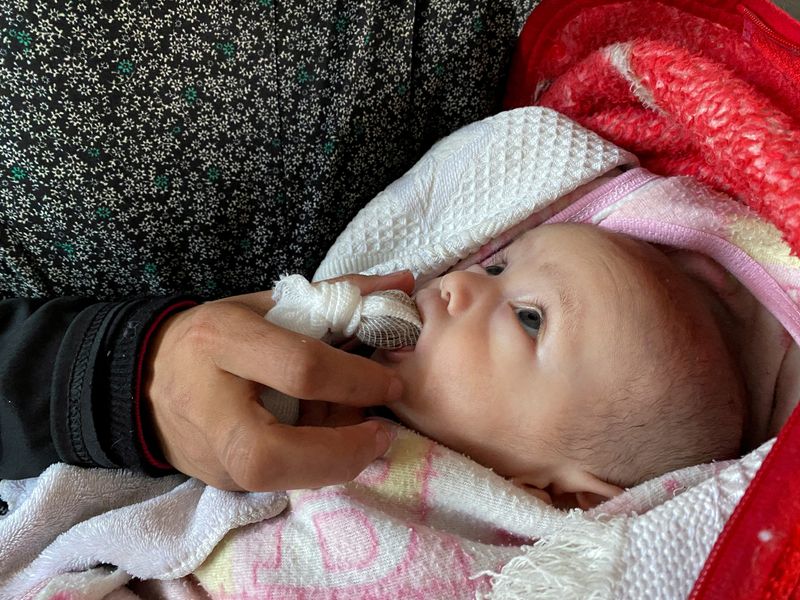
Consequently, international aid organizations state that only a small portion of the required assistance is currently arriving in Gaza.
Israel states it is dedicated to permitting the entry of aid but insists on overseeing its distribution to ensure it isn’t intercepted by militants. It claims that sufficient food has been allowed into Gaza throughout the conflict and attributes the hardship faced by Gaza’s 2.2 million residents to Hamas.
Eleven more Palestinians perished due to starvation overnight, according to the Gaza health ministry, increasing the total number of those who have died from hunger to 111, with the majority succumbing in recent weeks as a surge in food shortages impacts the Palestinian territory.
The World Health Organization stated that the severe increase in malnutrition has led to the deaths of at least 21 children reported to the agency in 2025, but emphasized that these numbers are probably just the beginning.
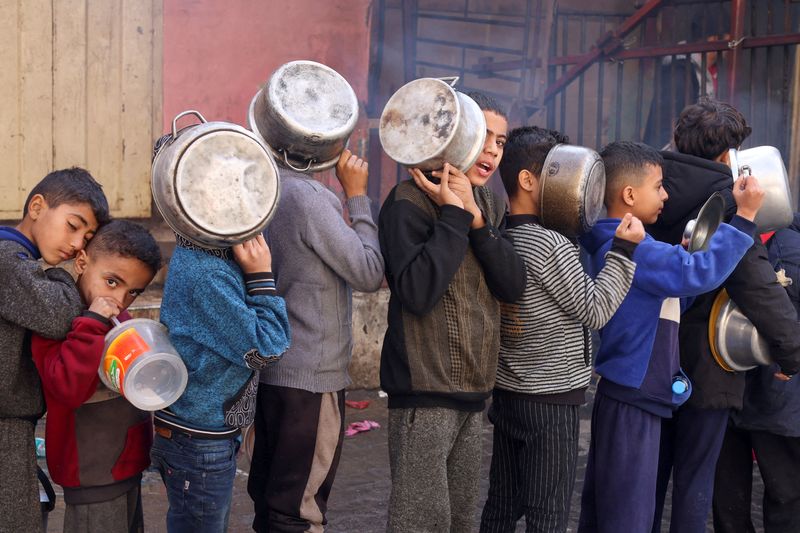
Hospitals focused on addressing malnutrition are overcrowded and lack enough supplies for emergency food distribution, according to the WHO, as the food shortage has worsened due to the breakdown of aid routes and limitations on access.
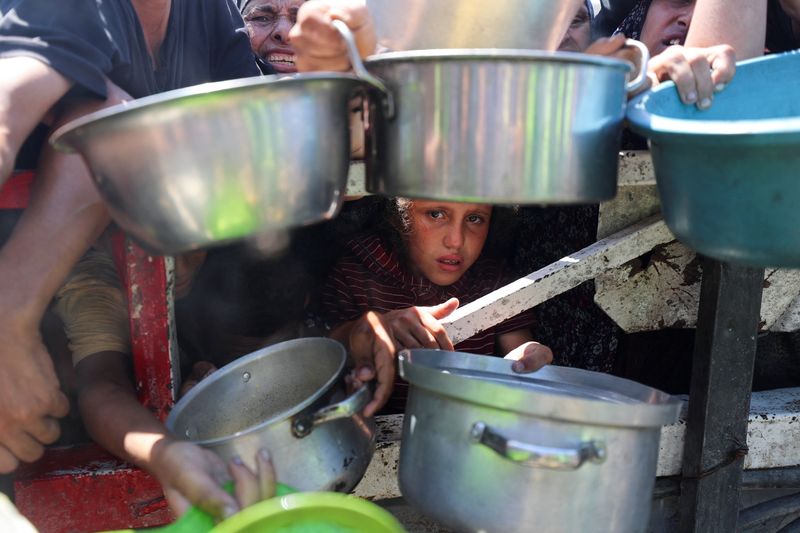
Tedros also mentioned that the U.N. and its humanitarian allies were unable to provide any food for almost 80 days from March to May, and the restart of shipments remained inadequate.
The circumstances are critical, he and other WHO officials stated, with approximately 10% of those tested showing either serious or moderate malnutrition, and as many as 20% of pregnant women.
In the month of July, 5,100 children were enrolled in nutrition programs, with 800 of them suffering from severe weight loss, according to Rik Peeperkorn, WHO’s representative in the occupied Palestinian territories.
(Contributed by Christy Santhosh from Bengaluru and Jennifer Rigby from London; edited by Arun Koyyur and Mark Heinrich)

